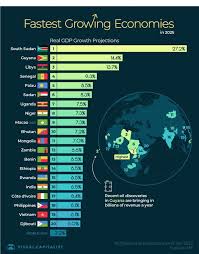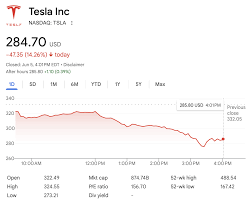Insights and Projections for the Economy in 2025

Introduction
The topic of the economy in 2025 is of paramount importance as nations around the world seek to navigate the complexities of post-pandemic recovery, technological advancements, and shifting global dynamics. Understanding economic forecasts is crucial for policymakers, businesses, and individuals to make informed decisions that will shape their financial futures.
Current Economic Landscape
As we approach 2025, the global economy displays signs of resilience following COVID-19, albeit with challenges that vary by region. The International Monetary Fund (IMF) projects that global growth will slow to about 3% over the next few years, following a rebound of 6% in 2021. Factors influencing this trend include disruptions in supply chains, rising inflation rates, and geopolitical uncertainties.
Key Trends to Watch
One significant trend affecting the economy in 2025 is the digital transformation, accelerated by the pandemic. According to a recent report by the World Economic Forum, more than 50% of jobs in several sectors will require advanced digital skills, leading to a greater focus on education and training programs to prepare the workforce for future demands. Furthermore, e-commerce continues to grow, with businesses investing in technology to enhance customer experience and efficiency.
Another aspect to consider is the emphasis on sustainability and green technologies. As more companies prioritize corporate social responsibility and aim to meet regulatory standards, industries such as renewable energy, electric vehicles, and sustainable agriculture are projected to experience robust growth. The transition towards a low-carbon economy is not only vital for the environment but also presents economic opportunities.
Regional Economic Insights
In North America, a projected GDP growth of around 2.5% is anticipated, with sectors like technology and healthcare leading the recovery. In contrast, Europe faces challenges with high energy prices and inflation; thus, growth is expected to be more moderate at approximately 1.8% by 2025. Meanwhile, emerging markets in Asia are predicted to outpace developed nations, driven by a youthful population and increasing consumer demand.
Conclusion
The economy of 2025 heralds a landscape marked by both opportunity and uncertainty. Forward-thinking strategies focusing on digital skills development, sustainability, and economic resilience will be vital for navigating these challenges. For individuals and organizations alike, staying informed about these trends will be crucial for making sound fiscal decisions and fostering growth in an evolving economic environment.





